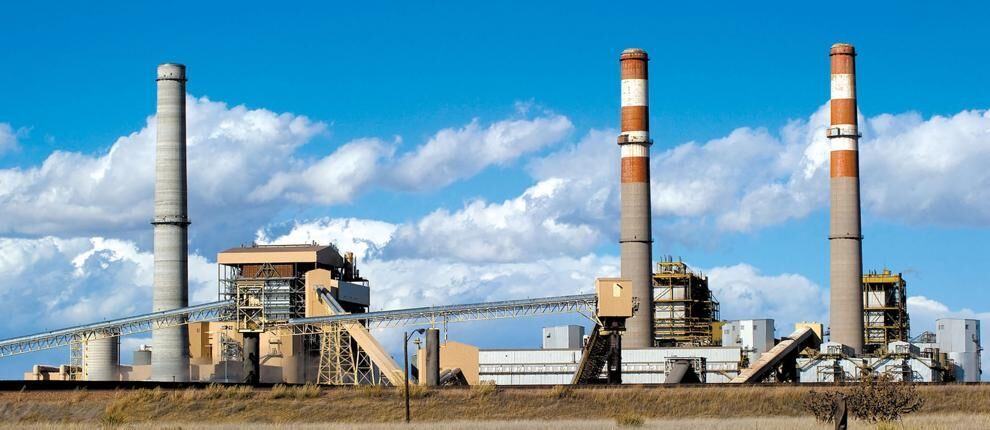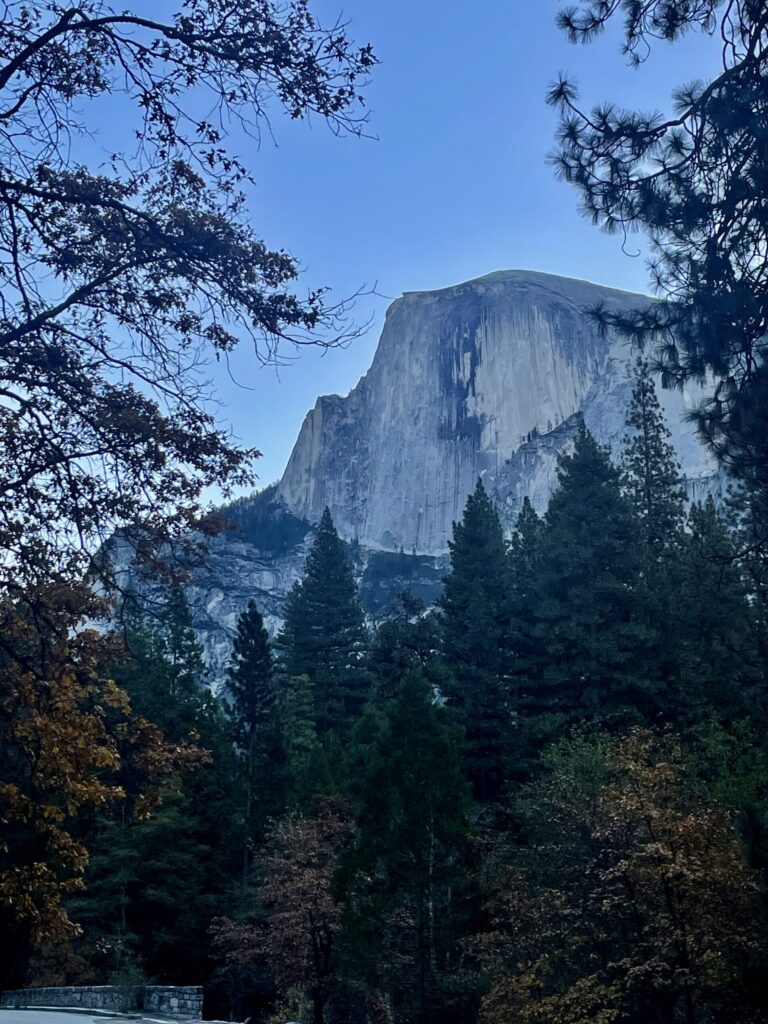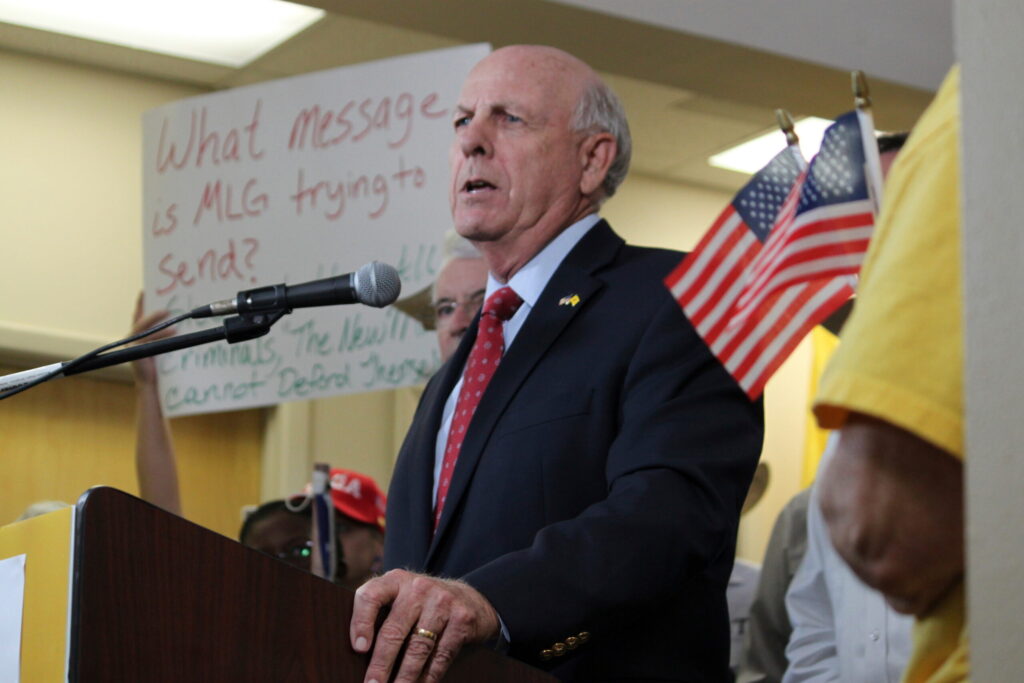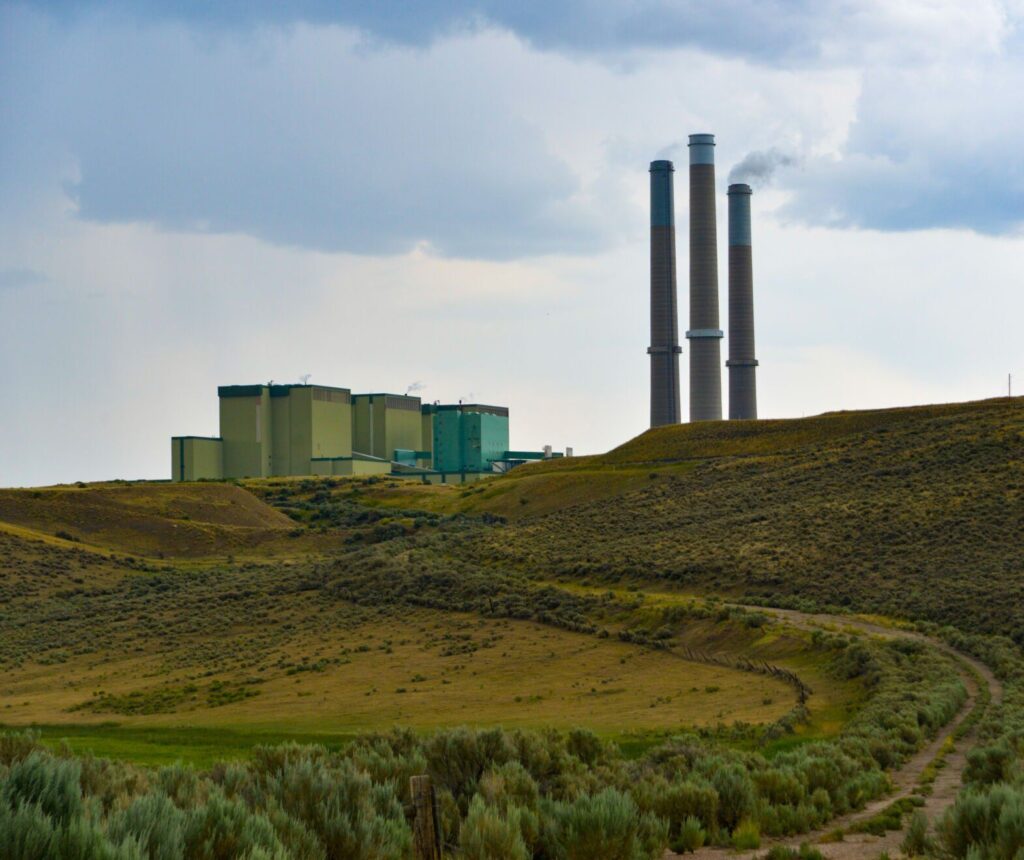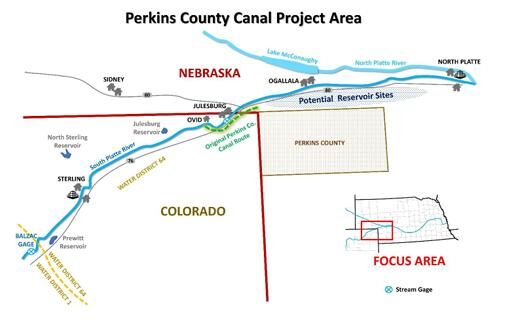U.S. Supreme Court declines to review local pollution lawsuit against Suncor, Exxon

Colorado environmentalists suing two oil companies over the effects of global climate change won a procedural victory before the U.S. Supreme Court Monday.
The oil companies, Suncor and Exxon Mobil, had asked that the case be heard in federal court, but the Supreme Court’s rejection of their appeal means that the case will now be heard in Colorado state courts.
The case, filed in 2018, has been bouncing back and forth between state and federal courts over jurisdictional disputes.
The court also declined to hear four other similar appeals, sending them all back to state courts.
Plaintiffs in all five cases are using a strategy developed by environmentalists of asking for damages under state nuisance and consumer protection laws, claiming that the oil companies have harmed state and local entities by extracting and selling oil and natural gas to consumers and have lied about the harmful effects on the climate.
The strategy has been used by more than 20 states and local governments across the country since 2017, but with little success, according to Maryland federal district court judge Stephanie Gallagher.
“The court’s denial today should not be read too broadly,” said Paul Seby, a 30-year environmental law attorney from Denver. “It is not a position on the merits of these cases but a ‘not now’ action. The court has already clearly said the federal Clean Air Act preempts these sorts of suits. They may progress but their longer-term viability remains questionable for that reason.”
The plaintiffs deny they are making claims requiring federal adjudication and insist they are suing for compensation for alleged harms caused, or that will be caused, only under state laws.
“This is excellent news for San Miguel County,” said San Miguel County Commissioner, Hilary Cooper. “It’s only fair that our lawsuit against Suncor and Exxon be heard not before the U.S. Supreme Court, but in Colorado, closer to the communities where the impacts of climate change are most acutely felt.”
“Enough with the delays. It’s time for fossil fuel companies to help local governments with the costs of addressing climate change in the name of protecting the health and well-being of our residents,” she added.
Citing a unanimous 2011 U.S. Supreme Court decision authored by Justice Ruth Bader Ginsburg, Seby said, “Greenhouse gasses are now a federal pollutant and federally preempted for purposes of tort law. States can be more stringent in their level of regulations, but the Clean Air Act is a bar against nuisance claims.”
Each of the attempts by the five oil company defendants to remove the cases from state courts to federal courts was rebuffed by federal district court judges based on legally arcane rules and caselaw guiding such removals.
Those decisions caused the oil companies to petition the Supreme Court to move them into the federal court system.
Today’s action by the Supreme Court denied the petitions without comment, as is usual. Justice Brett Cavanaugh noted that he would have granted the petition in the Colorado case.
“The Supreme Court’s decision to not hear the federal law issues in this case is certainly disappointing because it risks the creation of a patchwork of state court approaches to important public policy matters that are inherently federal and global in nature,” said Phil Goldberg, Special Counsel for the Manufacturers’ Accountability Project, in a statement. “But today’s events do not undermine the fact that, even under state law, selling Americans the energy they need and use every day is not a liability inducing event.”
The cases are Suncor v. Board of County Commissioners of Boulder County; BP v. Mayor and City Council of Baltimore; Chevron v. San Mateo County; Sunoco v. City and County of Honolulu; and, Shell Oil Products v. Rhode Island.
Neither Boulder nor Boulder County provided statements prior to press time.







